 By Rabbi Yair Hoffman]
By Rabbi Yair Hoffman]
They are known as Mrs. Siegelman’s cakes and they are known throughout New York and New Jersey as the Rolls-Royce of cakes. The large one’s sell for $65 and the smaller one sells for $35. It is said that no Simcha is complete without a Siegelman cake. Indeed, the cakes are so famous that they were even mentioned in one of Rabbi Yissachar Frand’s weekly Parsha shiurim. The cakes come in corrugated boxes and are sealed with tape.
A recent conversation was overheard about tearing open the tape of the Siegelman box.
“But why isn’t it considered Koraya – ripping?”
“It’s for food. There is no prohibition for food.”
“But why is that?”
The answer to this question is that the Mishna in tractate Shabbos (146a) tells us. “A person may rip open a barrel in order to eat the figs contained inside, as long as he does not intend to form a vessel out of it.” The Ran in his explanation of Rashi states that the Rabbis did not create a prohibition of mekalkel – destructive tearing when it comes to food or other Shabbos needs. The same idea is found in the Tosefta where it permits ripping the leather cover to the barrel to eat the figs as well.
Since the prohibition of Korayah is still not so well understood, the following overview has been prepared to give our readers a better background.
I. MAIN IDEA
The main idea or principle of the Malacha of Koraya is the tearing apart of connected objects or of a non-brittle item.
II. CLASSICAL FORM IN THE MISHKAN
The classical use of tearing in the Mishkan involved the curtains of the Mishkan. The curtains were the cloth coverings which covered the Mishkan. At times, insects would eat through the cloth coverings and it was necessary for skilled artisans to repair them. The holes that the insects would make were round, and to make an even seam, the cloth had to be cut further and then properly sewn again to a lower cloth or portion of the cloth.
III. MORE DETAILS
Generally speaking, tearing is the mirror opposite of sewing. Koraya can be defined as the tearing apart of a single, non-brittle material into two parts, or the detaching of two objects that were previously sewn or glued together. Non-brittle material includes any softer material such as cloth, leather, paper, soft plastic, or any similar item.
IV. DEFINING THE BIBLICAL PROHIBITION
a. There is a debate among the Poskim as to how we define the Biblical, or deoraisah, form of the Malacha.
i. Some Poskim hold that tearing Mideoraisah is only violated when it is done in order to re-sew it. Otherwise, it would be considered Derabanan – even if the tearing was for a useful purpose.
ii. Other Poskim disagree and say that whenever tearing is done for a useful or constructive purpose – it is considered a deoraisah. The difference is not merely academic – there are four times when you may ask a goy to do a derabanan, but not a deoraisah on Shabbos. They are:
1. Hefsed merubah – a huge financial loss. One may not, however, ask a gentile to violate a Rabbinic prohibition if it is only to avoid a minor financial loss. What is considered a huge loss and what is considered a minor loss? This depends on the individual person – if any question arises – consult a Rabbi.
2. For the purposes of a Mitzvah.
3. For cases of Kavod HaBrios- preserving human dignity.
4. BeMakom Tzaar – when there is suffering involved.
V. RELATED BIBLICAL PROHIBITION
There is another Torah prohibition called Mechataich which means shaping or ripping to size. When one is tearing or ripping to get something of a specific size – that is a violation of Mechataich. Ripping toilet paper to a specific size is a violation of Mechataich.
VI. THE RABBINIC PROHIBITION
The Rabbis forbade tearing even when it is not done to re-sew it and even if it does not have a useful or constructive purpose. The Rabbis forbade it even if the tearing is done destructively. However, there is an exception to this Rabbinic restriction.
VII. THE EXCEPTIONS
a. Food itself is exempt from the malacha of Koreah. Thus, there is no prohibition in tearing the following:
i. Tearing bread or Challah
ii. Meat or chicken
iii. Separating cookies or loaves baked together
iv. Peeling or ripping fruit or vegetable peels (oranges, clementines, bananas, etc.)
b. Some Poskim (Graz) hold that ripping paper is forbidden because of mesakain kli and not because of korayah. The Chayei Adam and the Mishna Brurah, however, disagree with this view.
c. Although even tearing when done destructively is forbidden by Rabbinic decree, the Rabbis made an exception when the tearing of paper or plastic or other item is done to get to food or other Shabbos needs. If you are tearing in order to get to food or other physical needs, it is permitted if you had forgotten to tear it before Shabbos began. Because of this, if there are no letters that are torn in the process (which would violate Mochaik or erasing) one may tear open:
1. food packages
2. Bandage or Band Aid wrappings
3. Medicines
4. Napkins
5. Clothing wrappings
6. Toy wrappings
When tearing to get to food – one must be careful to avoid four things:
1. Not to erase letters or words
2. Not to erase a picture or detailed design
3. Not to create a spout or vessel when ripping
4. Creating something constructive. Often manufacturers of packaging innovate something constructive when one rips it in a certain way. An example of this is a tissue box.
This last requirement is to avoid building or Makeh B’Patish – putting the final blow to an item.
d. If a material, when ripped or torn, is generally not re-sewn or re-glued then there is no prohibition of Koraya. A rope or string is never re-sewn nor re-glued when it is torn. Rather the broken string or rope is tied together in a knot. Therefore, when there is no other malacha being violated, one may cut a string. This is only permitted, however, when there is no further use for the string. If one needs the string then it is forbidden because of mechataich. Also, because people do not generally understand this exception, it should not be done publically.
e. Brittle Items – If the item being torn is generally brittle, such as glass or wood, there is no prohibition of Korayah, as ripping only applies to non-brittle items. If the brittle items were glued together, however, there is a prohibition of Koraya when these glued items are separated. (See Rambam Hilchos Shabbos 10:11 and Biur Halacha 340:14 “Harei Zeh”)
VIII. WHEN TEARING UNINTENTIONALLY
When the tearing happens unintentionally, there is no prohibition in performing the action. This is called in Hebrew Davar Sh’aino miskavain (See Shulchan Aruch 337:1).
a. Thus one can pull out a paper towel from a dispenser without worrying that it may rip in the process. [If, however, one finds that it will always rip no matter what, this is called a Psik Reisha and is forbidden].
b. One may also wipe his nose or face with a thin tissue without worrying that it may rip.
c. When removing a thorn from a garment, and the garment rips unintentionally, there is no violation of Korayah because one did not intend to do it.
d. By the same token when the item only got stuck or glued together by accident, there is no prohibition of Korayah when detaching it (See MB 340:45). Thus if a pages of a book become stuck together by accident – there is no prohibition of koraya in separating them. If, however, they were always stuck together since they were printed – then there is a prohibition.
So we see that not only is there is no problem with tearing the tape on the Siegelman cake, but we have also gained a further understanding of the inner aspects of the Malacha.
The author can be contacted at [email protected]. Mrs. Siegelman can be reached at 718 438-0772 or in Far Rockaway 718 644-7727. The author received no compensation or payment financially or through free product from Mrs. Siegelman. Unfortunately.

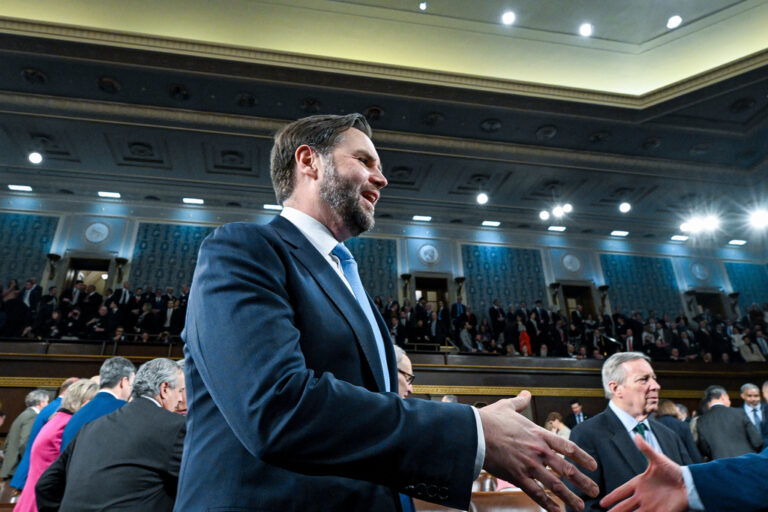
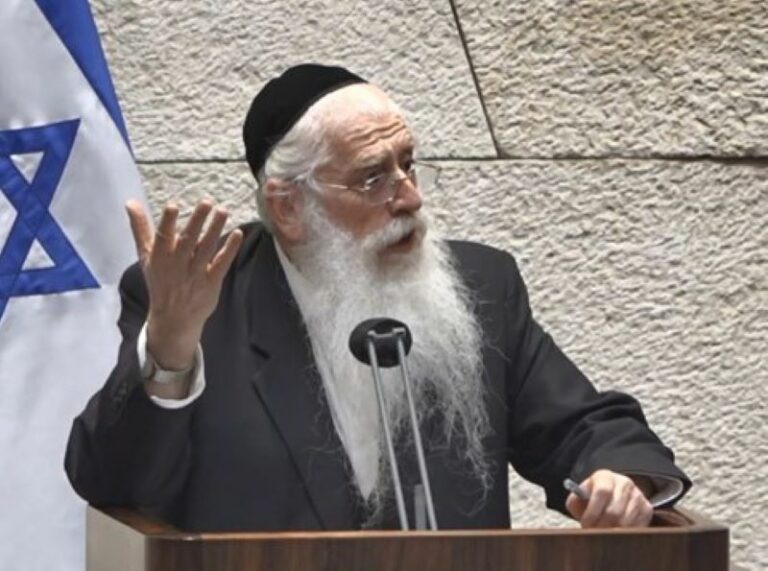

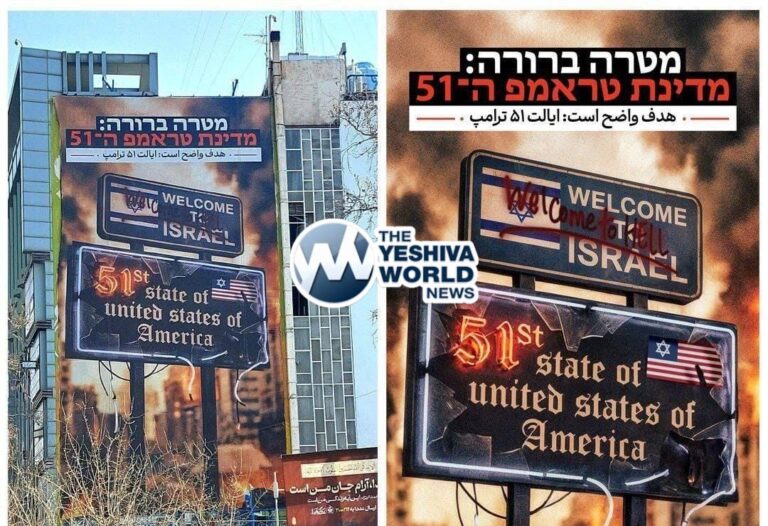
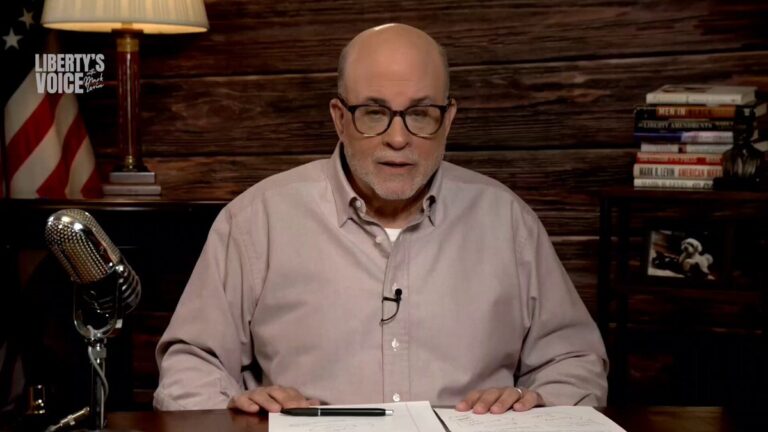


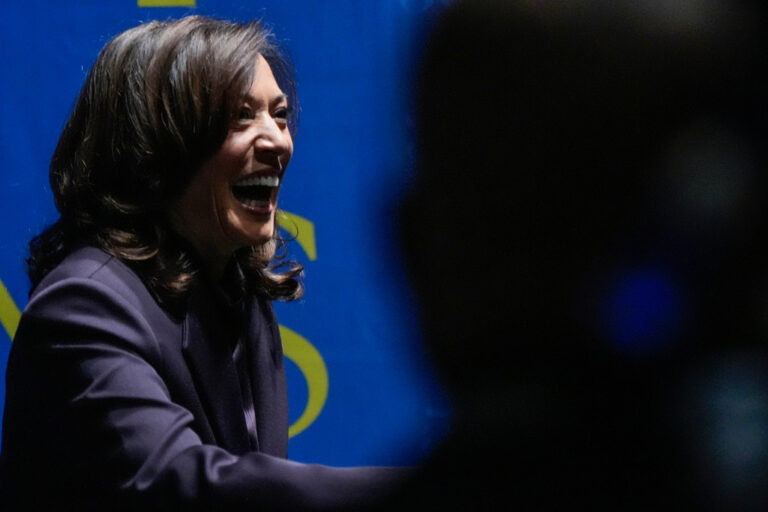
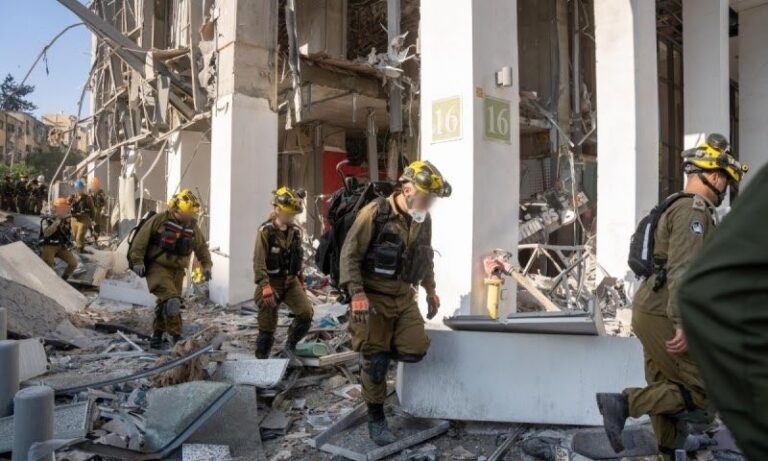
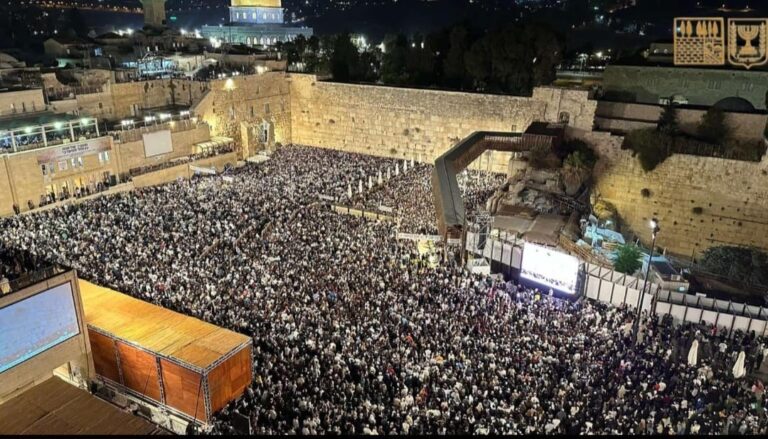
9 Responses
$65 for a cake?
So worth it. If you have to ask you’ve never tried….
laptop- yes. the title should be “RIPPED OFF” !
It is worth it to the buyer.
@1 @3
Then you don’t have to buy them.
Rav Dovid Feinstein, Qouting Rav Shlomo Zalman, said even tearing toilet paper to a specific length, say 2 pieces, is ok.
Interestingly Zeigelman’s was pointed out….maybe because their price is fairer than some others. All cakes come sealed in corrugated boxes just some lone bakers charge $85-110/cake. And zeigelman by far is super….
Been eating cake for years in both Brooklyn and Rabbi Hoffman’s neighborhood and I’ve never heard of Mrs. Seigelman or her cakes. Where can I find them? And under what hasgocha are they baked? Is there really a Mrs. Seigelm,an or is she like Betty Crocker?
Siegelmans cakes are the best they enhance many simchos – people don’t tire of it. May they continue to make scrumptious delectables. Worth every cent